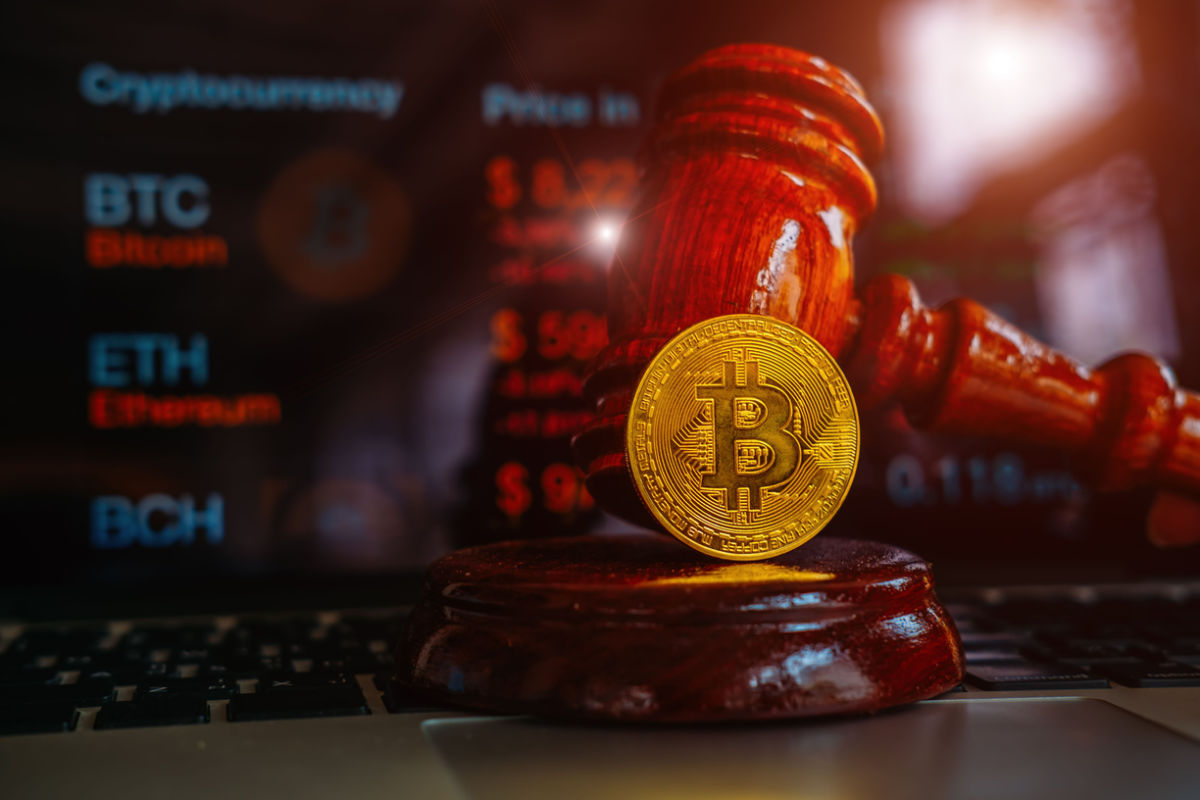Following the high-profile collapses of FTX and TerraLuna last year, crypto security has been the utmost priority for policymakers across the world when it comes to establishing a regulatory framework around crypto and digital assets.
Katharine Wooller, Business Unit Director at Coincover, spoke to Payment Expert on the company’s reaction to the UK’s recent consultation into crypto regulation as well as best practices for firms protecting customers’ digital assets.
Payment Expert: Firstly, what were Coincover’s initial reactions to the UK’s consultation when it pertains to the security measures?
Katharine Wooller: We are delighted to see the UK taking a proactive attitude to regulating the digital assets industry and welcome HM Treasury’s request for input from the broader industry.
We believe regulatory clarity will keep bad actors at bay and allow the digital assets ecosystem to reach its full potential. This is a hugely positive step in making sure the UK to be a hub for reputable firms and retains its reputation as the global home of fintech.
PE: What do you anticipate a draft UK crypto regulation bill will look like and do you believe in the early outset that regulation will stifle innovation in the short-term?
KW: A clear framework will be a significant milestone for the industry, marking a turning point toward a more secure and stable future for the ecosystem.
There is a balance between fostering innovation and protecting retail and institutional investors and unfortunately, without firm regulation, bad actors can flourish. The consultation will hopefully, with industry input, achieve a balanced and proportionate regulation.

PE: Do you believe that all crypto security risks were effectively assessed in the consultation and if not, what are some of the most pressing risks for customers and businesses when holding any form of digital assets?
KW: Coincover has identified two areas of high risk which could result in holders of cryptocurrencies being unable to access their assets, and ramifications of a key player failing resulting in fallout like the levels seen with FTX:
- Those who choose to self-custody their assets often use a technology provider. If that technology provider goes offline, it takes with it access to those crypto assets.
- Custodians, such as exchanges, on the other hand, hold all keys internally, meaning that if they experience downtime or become unavailable, their clients will also be unable to access their crypto assets.
Where a client has entrusted their crypto assets to a third-party, the third-party should be obligated by regulation to do everything in its power to mitigate the risks inherent to crypto assets.
Coincover believe this should include:
- Secure storage of private key material with relevant processes and security in place to prevent loss of access to the crypto assets.
- All private key material should be backed up, securely stored and sufficiently segregated from risks which could cause loss of originals. This should include consideration of technical failure, human error, cybersecurity risk, natural disasters, and geopolitical risks.
- Regular audits and testing to validate backups and recovery mechanisms.
Finally, we are keen to see more insurance-backed risk reducing technologies made an obligation for firms. The availability of such technologies is a sign of a maturing market, and we believe should be utilised to create market integrity.
PE: What are the different measures Coincover intends to take when it comes to self-custody and custodian protection?
KW: Coincover provides backup of private key material, making sure digital asset holders cannot lose access. It also provides theft prevention, in stopping hacks, scams and theft, underwritten by Lloyds of London Insurance. Coincover’s products are agnostic and can be applied to both self-custody and custodians.
Whilst we can integrate with our client’s proprietary technology, we have also formed strategic partnerships with major infrastructure providers to make sure onboarding is as quick, easy, and cost effective as possible.

PE: Coincover has partnered with various blockchain-based firms. What can you tell us about how Coincover best protects these firms and what has been their response to some of the security measures you have integrated?
KW: Coincover protects a wide variety of firms that hold digital assets, across protects hedge funds, asset managers, crypto exchanges, and governments. They are proud to reduce risk and provide a safer environment for their customers, creating what is much needed for the industry; trust.
PE: Lastly, has Coincover been in contact with not just the UK but various other governments who intend to regulate the digital asset sector and what would be some of your advice to maintain a solid foundation?
KW: Coincover is actively lobbying regulators and policy makers worldwide and has been consulted to assist in a number of jurisdictions. We are keen to see the best technology made part of the rules set to protect retail and institutional investors alike and allow the industry to reach its full potential.
In doing so, blockchain will continue to offer a plethora of efficiencies to our banking and payment infrastructure, and this will be particularly relevant for the incoming trends of Web3 and in the general, move towards broader tokenization in financial markets, unlocking assets and markets currently unserved, expected to represent a multi trillion-dollar market soon.




















